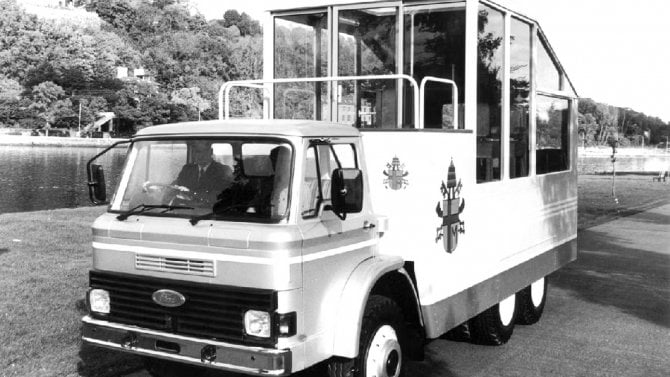...
HELSINKI, July 17 (Reuters) - Hefty pay deals hammered out in Finland and Sweden may paradoxically prove welcome news for policymakers in Eastern Europe, making it easier for their countries to join the euro zone.
Consumers may complain if they trigger price rises this year and next in the two Nordic countries which currently enjoy very low levels of inflation.
But for instance for far-off Slovakia, aiming to adopt the euro in 2009, the pressure to squeeze inflation to meet the EU's entry criterion on price rises may be eased. For that criterion is defined with reference to the bloc's best inflation performers.
In Sweden, wage talks covering 3 million employees are drawing to a close. March's benchmark deal for industry workers gave employees rises of 10.2 percent over three years and most others mirrored that.
Finland's key metal industry agreed to a deal last month that gives employees a pay rise of about 8 percent over the next two years, seen as setting the pace for other sectors, which will agree on their salaries after summer holidays.
Finland and Sweden had the second and third lowest rates of inflation in the European Union after Malta in June with annual rates of 1.3 and 1.5 percent respectively.
Denmark, with 1.7 percent inflation was also below the EU's 2.1 percent average.
Under EU rules, a country cannot enter the euro zone with inflation more than 1.5 percentage points above the average of the bloc's three best performers.
"Finnish EU-harmonised inflation (HICP) will top 2 percent, as raw material prices and wages go up. With similar developments in other Nordic countries, inflation will go up more (than earlier projected) in them as well," said Lauri Uotila, Sampo Bank economist.
While neither Sweden nor Denmark plan to join the euro zone themselves -- Finland did so from the beginning -- they could boost or crash others' hopes of joining the euro.
Qualifying has proved hard for applicants, especially getting the inflation rate down at a time of surging growth.
Slovenia is the only country which has made it so far, with Lithuania failing by a hair's breadth, when it was rejected last year, after it reported inflation 0.07 percentage points higher than the ceiling in March 2006 -- clear evidence that minor changes in the Nordics can have sizeable implications.
Back then, Sweden and Finland had the lowest inflation rates in the EU. Estonia and Latvia have been kept out for high inflation as well.
In Slovakia, the most likely next euro entrant, inflation has also been the main obstacle, but is now worrying increasingly about meeting the deficits criteria. Slovakian 12-month average HICP was up 3.0 percent in June, still above 2.8 percent threshold.
Under terms of the Maastricht Treaty, euro candidates must, in addition to low inflation, maintain a stable currency and not breach ceilings for debt, deficits and interest rates.
If the Nordics fall out of the top three, Malta, France and Germany would form the rate-setting trio, Eurostat data shows.
Looking at June numbers, cleaning Nordics out would have meant criteria loosening by 0.13 percentage points.
For related factbox on inflation data click on [ID:nL16646835]
On new EU members' road from ERM-2 to euro [ID:nL19482560]
On how the ERM-2 exchange rate mechanism works [ID:nL15763042]
(additional reporting by Martin Dokoupil in Bratislava)




 Koupili si dům u závodního okruhu v Mostě, pak si začali stěžovat, že tam jezdí závodní auta a je tam hluk
Koupili si dům u závodního okruhu v Mostě, pak si začali stěžovat, že tam jezdí závodní auta a je tam hluk
 Snad na to nebude mít Filip Turek špatný vliv. Většina řidičů se na českých silnicích cítí bezpečně
Snad na to nebude mít Filip Turek špatný vliv. Většina řidičů se na českých silnicích cítí bezpečně
 Kola místo papežského stolce: Dopravní historie hlavy katolické církve
Kola místo papežského stolce: Dopravní historie hlavy katolické církve
 Youtuber vzal na Ring obyčejnou Škodovku. Byl by schopný překonat oficiální rekord automobilky
Youtuber vzal na Ring obyčejnou Škodovku. Byl by schopný překonat oficiální rekord automobilky
 Policie vyráží na koledu. Velikonoční dopravně bezpečnostní akce startuje dnes a končí v pondělí
Policie vyráží na koledu. Velikonoční dopravně bezpečnostní akce startuje dnes a končí v pondělí
